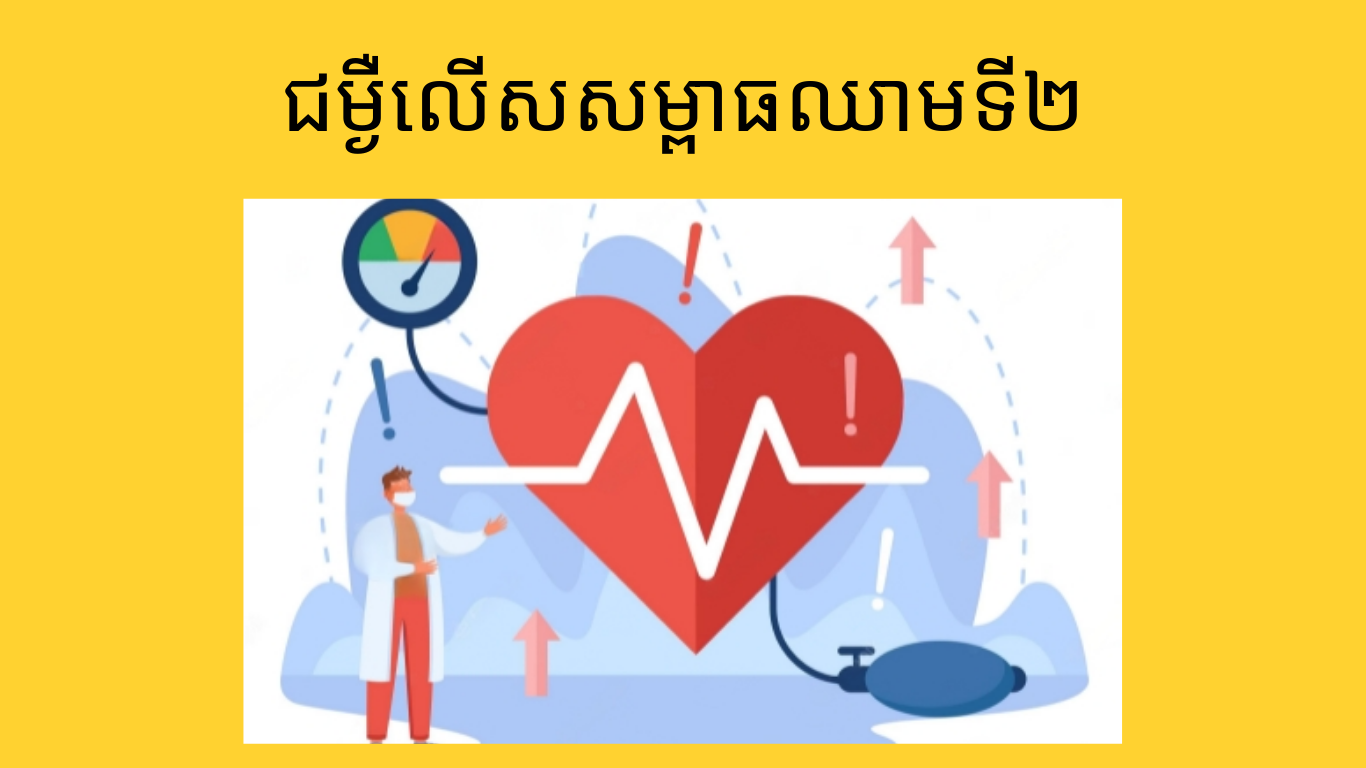Diseases January 23rd, 2025
Secondary hypertension

Secondary hypertension is high blood pressure caused by an underlying medical condition or external factor. Unlike primary (essential) hypertension, which has no identifiable cause, secondary hypertension often arises suddenly and may be more severe. Identifying and treating the underlying cause can often resolve or improve high blood pressure. Here’s a detailed guide to the causes of secondary hypertension:
1. Kidney-Related Causes
The kidneys play a key role in regulating blood pressure. Conditions that affect kidney function can lead to secondary hypertension:
- Chronic Kidney Disease (CKD):
- Impaired kidney function leads to fluid retention and increased blood pressure.
- Renal Artery Stenosis:
- Narrowing of the arteries that supply blood to the kidneys, often due to atherosclerosis or fibromuscular dysplasia.
- Polycystic Kidney Disease:
- A genetic disorder causing cysts to form in the kidneys, leading to high blood pressure.
- Glomerulonephritis:
- Inflammation of the kidney’s filtering units (glomeruli).
2. Hormonal Disorders
Hormonal imbalances can disrupt blood pressure regulation:
- Primary Aldosteronism (Conn’s Syndrome):
- Overproduction of aldosterone by the adrenal glands, leading to sodium retention and potassium loss.
- Cushing’s Syndrome:
- Excess cortisol production, often due to a tumor in the pituitary or adrenal glands or long-term use of corticosteroids.
- Pheochromocytoma:
- A rare tumor of the adrenal glands that produces excess catecholamines (e.g., adrenaline), causing episodic high blood pressure.
- Hyperthyroidism or Hypothyroidism:
- Overactive or underactive thyroid gland can affect blood pressure.
- Hyperparathyroidism:
- Overactive parathyroid glands increase calcium levels, which can raise blood pressure.
3. Sleep Apnea
- Obstructive Sleep Apnea (OSA):
- Repeated episodes of interrupted breathing during sleep lead to low oxygen levels and stress on the cardiovascular system, causing high blood pressure.
4. Medications and Substances
Certain medications and substances can raise blood pressure:
- Nonsteroidal Anti-Inflammatory Drugs (NSAIDs): Ibuprofen, naproxen.
- Decongestants: Pseudoephedrine, phenylephrine.
- Oral Contraceptives: Especially those containing estrogen.
- Corticosteroids: Prednisone, hydrocortisone.
- Antidepressants: Some SSRIs and SNRIs.
- Stimulants: Amphetamines, cocaine.
- Alcohol: Excessive consumption can raise blood pressure.
- Licorice: Contains glycyrrhizin, which can increase blood pressure.
5. Vascular Causes
Narrowing or stiffness of blood vessels can increase blood pressure:
- Coarctation of the Aorta:
- A congenital narrowing of the aorta, the main artery carrying blood from the heart.
- Vasculitis:
- Inflammation of blood vessels.
- Atherosclerosis:
- Hardening and narrowing of arteries due to plaque buildup.
6. Other Medical Conditions
- Diabetes:
- High blood sugar damages blood vessels and the kidneys, leading to hypertension.
- Obesity:
- Excess weight increases the workload on the heart and blood vessels.
- Pregnancy:
- Preeclampsia: A pregnancy-related condition characterized by high blood pressure and organ damage.
- Acromegaly:
- Overproduction of growth hormone, often due to a pituitary tumor.
- Liddle Syndrome:
- A rare genetic disorder causing sodium retention and high blood pressure.
7. Lifestyle Factors
While lifestyle factors are more commonly associated with primary hypertension, they can also contribute to secondary hypertension in some cases:
- High-Sodium Diet:
- Excess sodium intake can worsen blood pressure in sensitive individuals.
- Chronic Stress:
- Prolonged stress can lead to hormonal changes that raise blood pressure.
When to Suspect Secondary Hypertension
Secondary hypertension should be considered if:
- High blood pressure develops suddenly in someone with previously normal readings.
- Blood pressure is very high (e.g., >180/120 mmHg).
- Hypertension is resistant to treatment (requires 3 or more medications).
- There are signs of an underlying condition (e.g., kidney disease, hormonal imbalances).
- Hypertension occurs in a young person (under 30) or an older person (over 60) with no prior history.
Diagnosis of Secondary Hypertension
To identify the cause, your doctor may order:
- Blood Tests: Check kidney function, electrolytes, hormones, and cholesterol.
- Urine Tests: Detect protein or blood in the urine.
- Imaging: Ultrasound, CT scan, or MRI to evaluate the kidneys, adrenal glands, or blood vessels.
- Hormonal Tests: Measure aldosterone, cortisol, or catecholamine levels.
- Sleep Study: Diagnose sleep apnea.
Treatment of Secondary Hypertension
- Treat the Underlying Cause:
- For example, surgery for pheochromocytoma, medications for hormonal disorders, or lifestyle changes for obesity.
- Medications:
- Antihypertensive drugs may be needed to control blood pressure while addressing the root cause.
- Lifestyle Changes:
- Reduce sodium intake, exercise regularly, and maintain a healthy weight.
Key Points
- Secondary hypertension is caused by an underlying medical condition or external factor.
- Identifying and treating the root cause can often resolve or improve high blood pressure.
- If you have sudden or severe hypertension, consult your doctor to rule out secondary causes.
Early diagnosis and treatment of secondary hypertension can prevent complications like heart disease, stroke, and kidney damage.



